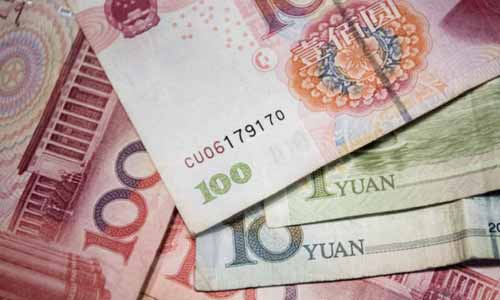Anti-Chinese sentiment rise in Beijing’s closest partner in South East Asia

Anti-Chinese sentiments are rising in Cambodia, the closest partner of Beijing in South East Asia.
China’s large-scale investment in Cambodia has won strong support from the Hun Sen government. However, the influx of Chinese people and money has affected the lives of local people and caused dissatisfaction.
Sections of Cambodian society are upset about Chinese lifestyle and that they do business with Chinese only. NGOs have also put forth the criticism that the Chinese don’t care about human rights, the law, or the environment.
China’s influence has become a major rallying point for the Cambodian opposition party. Teav Vannol, chairman of the Cambodian opposition Candlelight Party, said that many Cambodians traditionally dislike Vietnamese because of the history of Vietnam’s invasion. Now they are even more unhappy with the Chinese.
China has become Cambodia’s largest investor, donor, and creditor. Many Cambodians worry that China’s “One Belt, One Road” project and the Cambodian government’s growing dependence on Beijing will make the country a vassal of China.
Vannol have observed, “If you go back to history, King Sihanouk drove out the Americans in 1965 and then China’s Chairman Mao became the big brother. You see what happened next. The war broke out in 1970. In 1975 Pol Pot and the Chinese Communist Party took control of the country, and you saw the destruction of Cambodia. This is my biggest concern. I am worried that history will repeat itself.”

A Cambodian government spokesman said that Cambodia’s constitution, diversity, and the existence of political parties that support the United States have determined that the country will not be completely tied to China.
China is the largest investor in Cambodia by a wide margin, pumping in US$12.6 billion since 1994, with the bulk of it coming in the last few years. China invested US$3.6 billion in 2016, according to the Council for the Development of Cambodia, a figure that nearly doubled to US$6.3 billion a year later. The Cambodian government also granted a Chinese company a 99-year lease in Koh Kong province on 20 per cent of the country’s total coastline.



